Sarah traveled to Costa Rica as a chaperone in March of 2020, arriving home just days before they closed the border due to COVID-19. Here are her reflections on that trip, which can also be found at her blog, Accepting the Unexpected Journey. The full blog post is below or the original can be found here.
Music by Craig Harmann
Support my writing
While most of my work here is free for all subscribers, it is still a labor of love that I fit into the few hours I have when I am not teaching or being an attentive wife and mom. If you would like to support my writing but you do not want to commit to being a paid subscriber, please consider one-time donation.
You can also support me by ordering my book or books from my favorite book lists at my Bookshop.org affiliate page.
If you want to be a regular supporter, you can upgrade your subscription from free to paid and get occasional content only for paid subscribers.
And thank you for supporting my journey 💗
Blog post
Ever since I started teaching, I’ve been interested in the vast opportunities for traveling abroad with students. But as my personal life moved from married without kids to married with two busy, growing kiddos, I put aside the notions of traveling outside of the country away from my family. It was one thing to consider leaving my loving husband for a week while I had fun in another country (although I secretly hoped that if I ever did a trip with students, he would come with me). It was another thing entirely to leave my loving husband alone at home with both of our kids while I got to travel abroad.
When a former coworker asked if I would be willing to be the female chaperone on our school’s mission trip to Costa Rica over spring break, I hesitated jumping at the opportunity. After all, it meant giving up a family trip while the kids were off of school and it meant leaving both kids at home with Jeff while he was still trying to work from home. Jeff decided for me, telling me to go.
So with my year-old passport in hand, I finally left the US for longer than a couple hours for the first time in 20 years. It was my first time as an educator going with a group of teenagers on an extended trip. And it was my first trip to Latin America.
There are so many things that I could write about concerning the trip, but as a teacher, I feel the best thing I could actually do is seriously look at how the trip adjusted and confirmed my world view. After all, I’m always challenging my students and my own children to seek new experiences and reflect on what they learned through those experiences. In the end, these were the biggest “takeaways” from my four full days in Costa Rica.
Being unplugged from the outside world has its advantages.
The first time I traveled abroad was in 1999. We didn’t have cell phones. Calling home required calling cards with limited minutes. Wi-fi wasn’t a thing. Internet cafes were the only way to email friends and family to check in, it wasn’t cheap, and you couldn’t spend hours checking non-existent social media accounts. None of those things are true anymore. Regardless of socio-economic level, cell phones and internet data are nearly universal and most hotels have reliable wi-fi services that allow you to connect to the internet without plugging in your devices.
Before I left on this trip, Jeff and I debated whether I should get a temporary international plan for my cell phone. We finally decided that with wi-fi at the hotel, I could send messages and use Facebook Messenger to call home to talk to family when we weren’t working.
I don’t regret it. After months of obsessively worrying about the news stories that pop across my feed, I spent my days working and paying attention to my students and my beautiful surroundings. I wasn’t worried about increasing concerns about COVID-19, I wasn’t thinking about the second round of election primaries, I wasn’t paying attention to a plunging stock market wiping out my already meager 401K, I wasn’t deep-diving into the world of global politics. Instead, I was focused on the people and places that make life worth living, eagerly connecting with my family when I returned to the hotel at night.
Understanding poverty has a lot to do with perspective.
This is something that should go without saying, but perspective is everything. Costa Rica is beautiful, the people are kind and welcoming, and most generally appear to love their life. They are content with less, their houses are smaller, and they are focused on the beauty around them.
They figured out that less is more long before American millennials started building tiny homes.
I’ve heard students come back from this annual trip and discuss the poverty that they saw, awed by the way those they met still found the joy in living life as they knew it. But having traveled as much of the US as I have, I didn’t find what I saw particularly earth shattering. Many of the houses and towns we traveled past reminded me of drives through Appalachia, rural Louisiana, and desert reservation land out west, the appearance of poverty a stark contrast to the surrounding landscapes and my own comfortable middle-class existence.
Poverty anywhere is disheartening, and we should never be satisfied with systems that ignore the needs of many. But in my four days with Costa Rican people, I saw a spirit and generosity that transcends culture and socio-economic status, a lesson that I hope my students take home with them.
The US has a lot to learn about recycling.
Our family has been obsessive recyclers since we lived in Indianapolis and we had curbside pick-up for our separated paper and plastic. (We took our aluminum to the high school where I taught.) And while I appreciate that our current trash service just collects all of our recycling in a single bin, as a country we could do better.
Everywhere we went in Costa Rica there were separate bins for every kind of recycling. All of our dinner scraps were collected in plastic tubs for composting. And the Costa Rican people take their role as stewards of the earth seriously. Trash on the roads was rare. No matter the local economy, the streets were clean. It was truly inspiring to see a nationwide effort to do better by the earth.
For many of my students, putting food scraps aside was a foreign concept, especially since composting in the US is typically reserved for farmers and modern hippies. And watching my students struggle to figure out what recycling items went where helped to highlight just how horrible we Americans are at paying attention our waste and how to handle that waste. As someone who has been raising her kids to be habitual recyclers since they could talk, it was eye-opening to just how few people feel the same way about their family’s waste habits
.
The US could do a much better job with ecotourism.
It’s no secret that our family loves visiting state and national parks. We treat it as hands-on environmental and historical education for the whole family. We live in a beautiful and vast country, full of nearly every kind of landscape. And yet, when I’ve polled my students over the years, I am shocked by the number of them who have not traveled far outside of their state of origin. I have many students who have traveled the globe as a result of their parents’ jobs or family situation, yet they have seen very little of their own country.
Yet even if they did travel their country, our parks at the state and federal level are grossly underfunded, frequently abused by visitors, and lack the resources and staffing to deal with the many ecological and economical challenges that they face. Costa Rica is known for its eco-tourism, people from all over the world coming to enjoy the ocean, rainforests, and rivers. Foreigners spend money in the country because they want to see the “real” Costa Rica, and citizens take care of the ecological resources partially because their survival depends upon it.
They are also training their young early. We had the opportunity to spend time with high school aged students who are part of the Leaf Cutter Project, which teaches them eco-tourism skills that they can use after graduation. We spent part of a morning hiking in the rainforest while students pointed out plants, animals, and practiced their English. Our students were learning about a new environment from their peers, something that I can see my own children easily doing as they get older, if they had access to that kind of program.
What would it look like if we took our natural resources that seriously in the US? How would people of all socio-economic levels live if they considered their impact on their immediate natural environment? What if we spent more time actually seeing our country instead of hiding out at resort hotels and indoor amusement parks? People don’t feel the need to protect things they haven’t seen for themselves and we could all do better getting outside of our immediate comfort zones to brave some bugs, wild animals, and sunburn
.
Adults don’t give teenagers enough credit.
No one is perfect and while I love my students, I don’t want to give them a free pass to say that they are 100% on all of the time. However, teenagers really are awesome human beings who are capable of great things when given the chance.
One of the best compliments we got was when an older British woman approached us and asked us how we got our students off of their cell phones while they were in the dining room. While we allowed them to keep their cell phones during the day so that they could take pictures (and yes, they used them for more than just pictures), once we sat down to dinner, they were required to turn them in to us until dinner was over. One night we made them give us the phones through dinner and an outing to an indoor soccer facility. And you know what? They can do it. They can go without cell phones and social media for three hours, you just have to expect it from them.
I watched teenagers struggle through practicing conversational Spanish, befriend people who did not speak the same language or look like them, move rocks and mix concrete, and learn how to use a hammer and level. I watched them conquer their fears while hiking at night through the rainforest and jumping off a high point into a river. I watched them try new foods and listen while a woman they had never met before explained how she empowered herself by raising and selling chickens and creating beautiful pieces of art. And then I watched as they purchased nearly half of her goods because they wanted to support her effort and take the items home, not because they felt sorry for her.
I love watching students, who are just as imperfectly human as the rest of us, prove the world wrong about just how terrible “these kids” are. And when I see those glimpses of their potential, I have hope about the future
.
Making a difference is about relationship building.
Plenty of legitimate criticism about so-called “voluntourism” has been discussed in recent years, as people have started carefully looking at mission trip models, NGOs, and other efforts to make the lives of the “less fortunate” better. I even put together a whole lesson plan on the concept when I was teaching Things Fall Apart to challenge my students to think about the world view with which they have entered their domestic and international mission work over the years.
But that week I watched teenagers build a house because a family had their house destroyed by a tree that killed two mothers in the process. I spent hours impressing my students with my saw abilities because I was there to help with the process in any way I could. We weren’t there to preach the Gospel or convert or change hearts and minds. We were there to meet a basic need, work side-by-side with the family to meet that basic need, and build a relationship with the family in the process. It is a lesson that we adults pray they will take with them home so that they can serve those geographically close to them once they are home.
It was an amazing trip full of beautiful experiences, lovely people, and the slow re-emergence of a little bit of my high school Spanish from long ago. While I missed my family terribly, I am also glad that I took the chance to get out of my comfort zone and try something completely new. It was certainly a spring break experience to remember before getting back to reality. If I had only known what that would really mean in March of 2020.
Please “like” by clicking on the ❤ and share this post with your friends so that others can also join the journey.

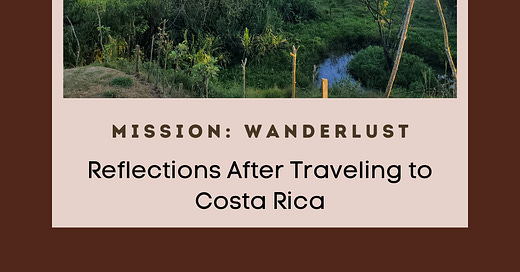

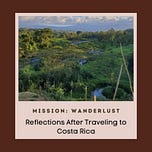

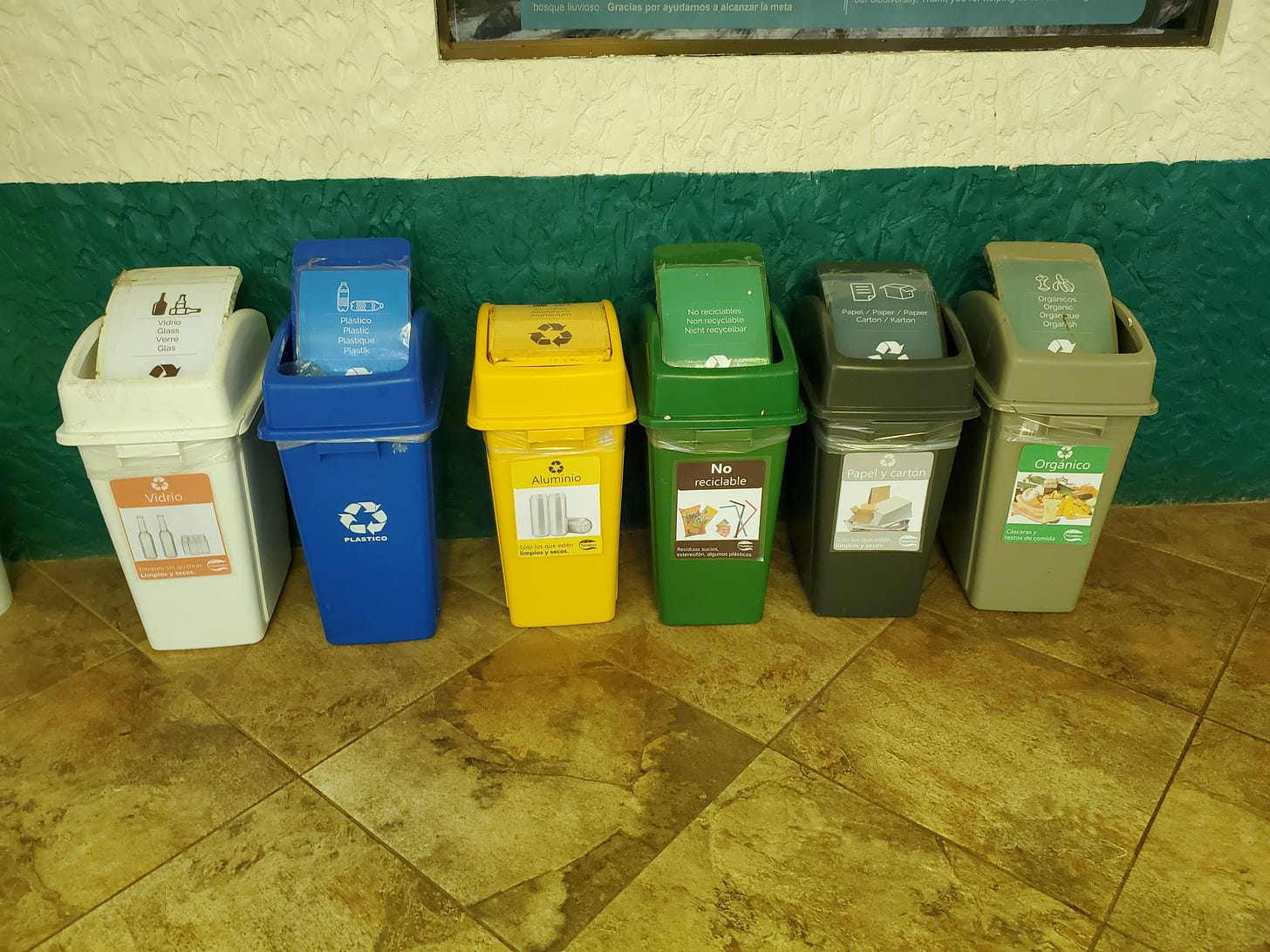
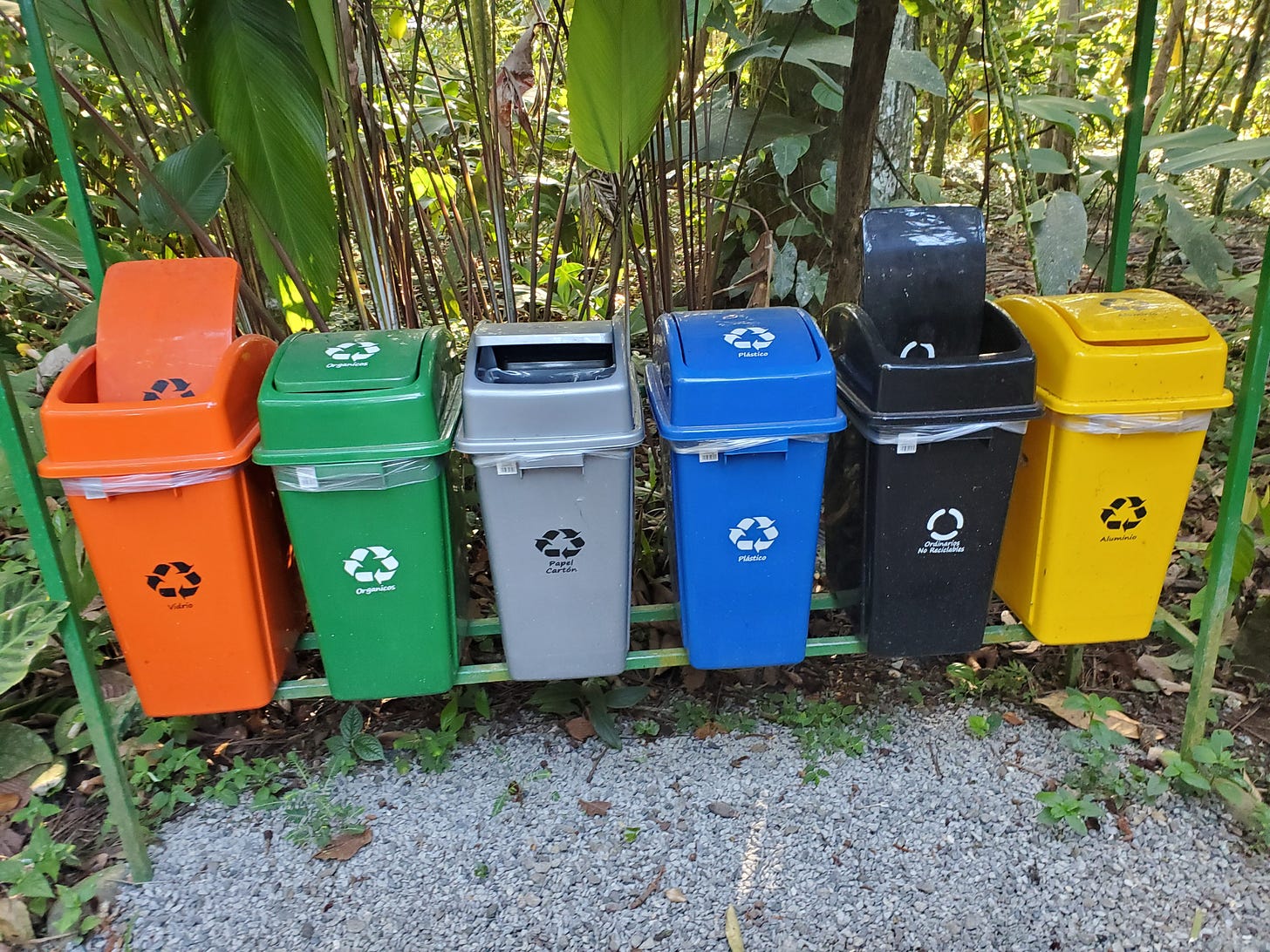
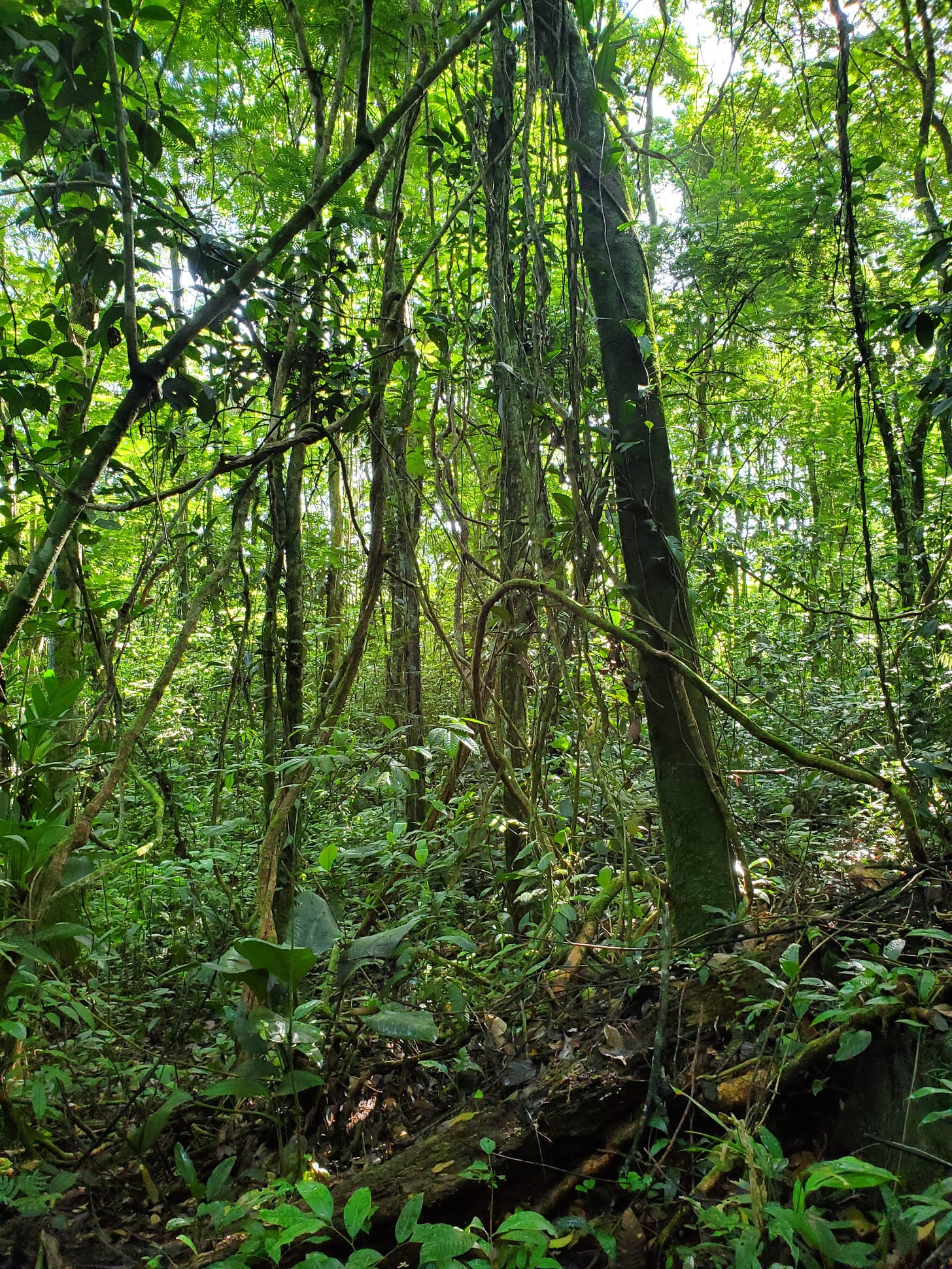
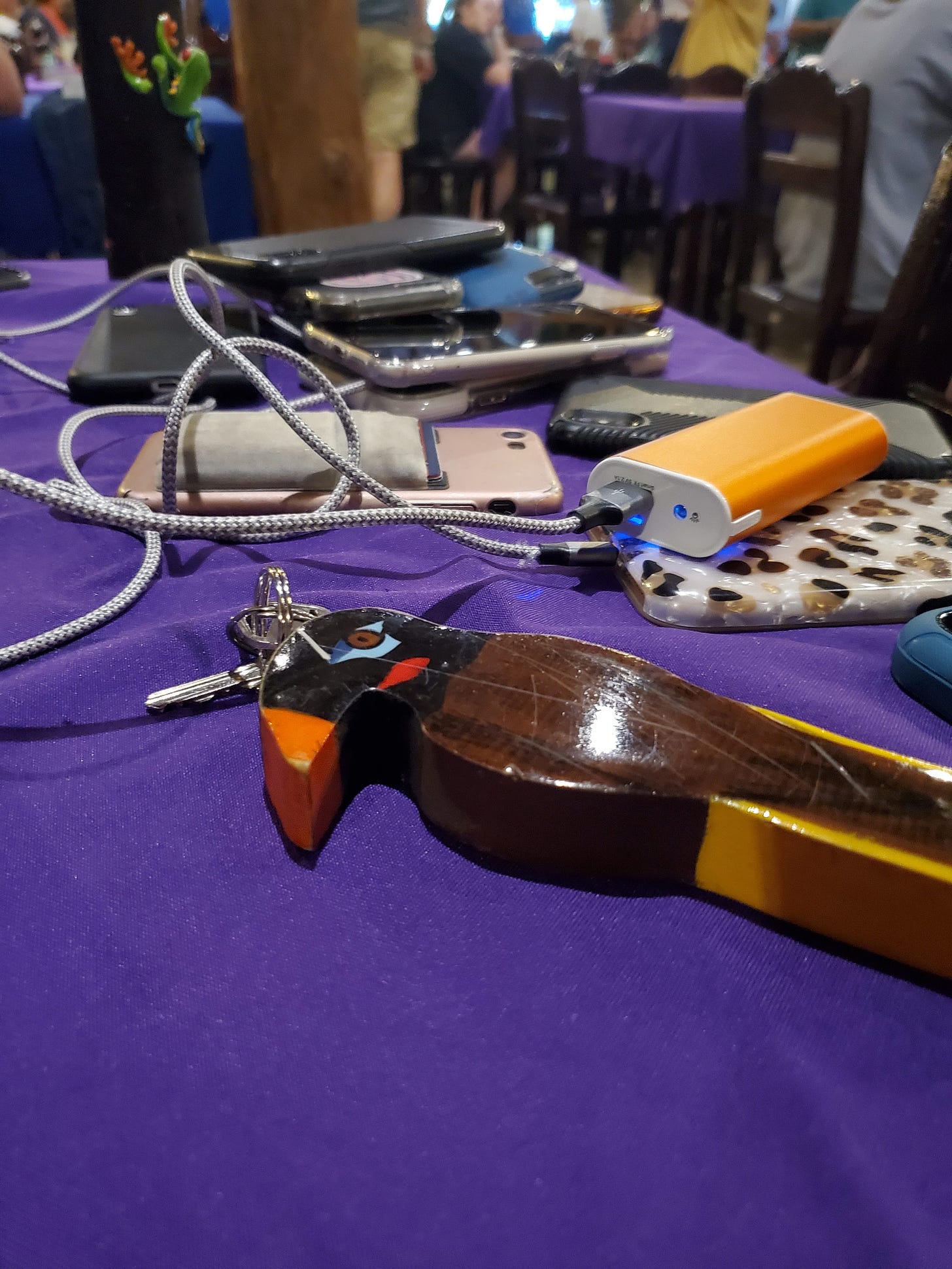

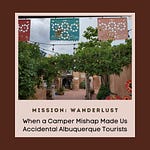


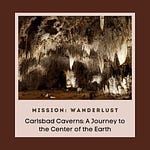

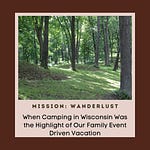
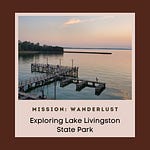
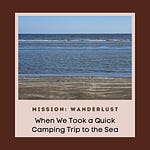
Share this post